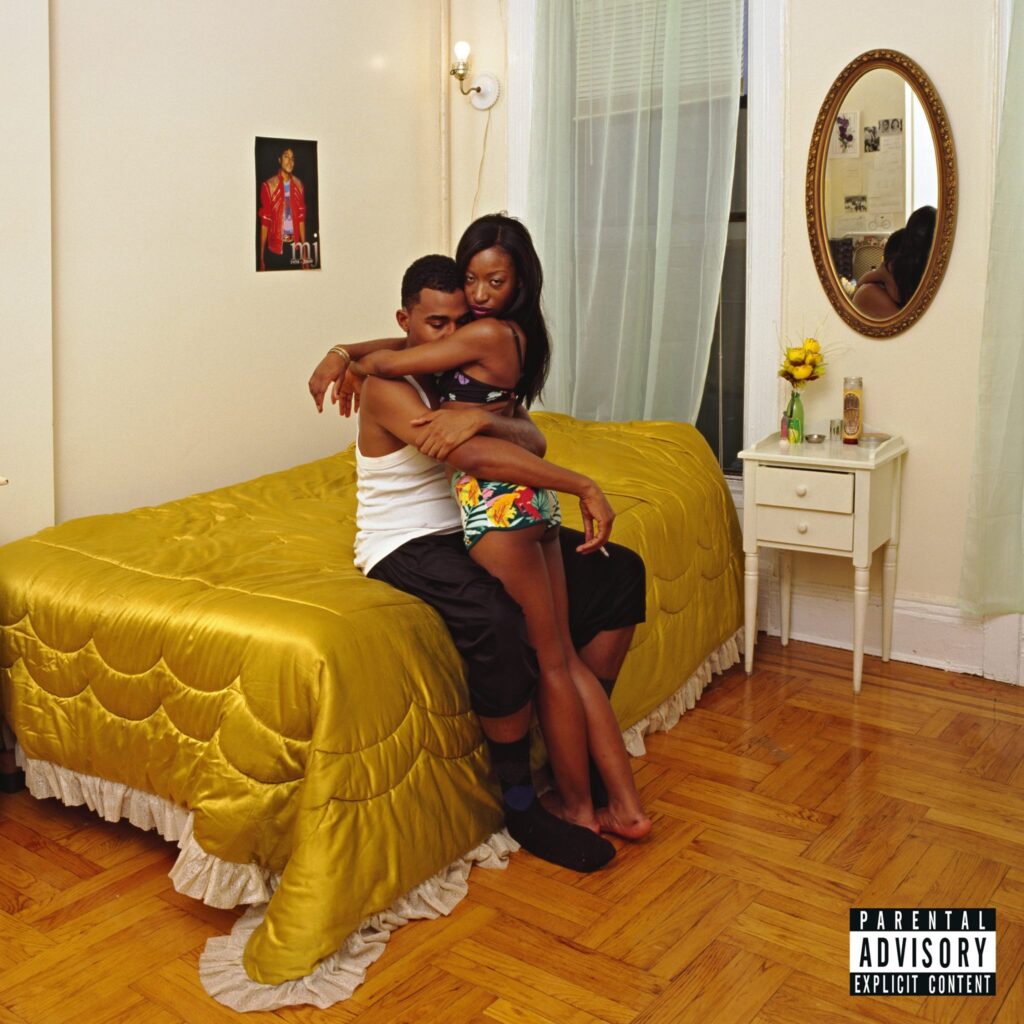When I was a kid growing up in California, I liked bands like The Cure, The Smiths, and Catherine Wheel. I was told by my siblings and their friends that I listened to “white music.” It hurt and it made me feel ashamed, but I listened anyway.
Fast forward to 2016: Beyonce releases Lemonade, an album largely about being a black woman. “Lemonade was not made for us. It’s not about white people. Therefore we do not have the right to claim it and decide what it means,” a well-intentioned young white person wrote on Huffington Post recently. I felt ashamed and hurt for him, too. It’s become too common for people to let race dictate their relationship to art, which is not to say art can’t or shouldn’t be used to inspire interesting and important conversations about race. Freetown Sound, the new Blood Orange album, is a good example.
Since 2011, Dev Hynes has helped redefine the limits of R&B with his debut Blood Orange album Coastal Grooves. On Freetown he’s choses to expand on that sound while also focusing his attention on the themes of belonging, how we find community, and the ways we identify with each other and ourselves. Named after the town in Sierra Leone from which Hynes’s father immigrated to London, Freetown also makes the argument that there’s no one way to be black – a point that is often overlooked when we make binary conclusions about what constitutes music for black people, or what “black art” is.
Although that’s a lot to bite off, Hynes approaches with a delicate touch. On ‘Juicy 1-4,’ earthen percussions are punctuated by erratic synths as he sings of Lady Africa. ‘Love Ya,’ a sensuous and compact track, features a sample of Between the World and Me author Ta-Nehisi Coates interrogating the ways in which identity is performance. ‘Thank You’ samples the poignant De La Soul lyric, “A skin not considered equal / A meteor has more right than my people” from ‘Stakes Is High.’ ‘E.V.P,’ a hypnotic hybrid of Zapp and Roger, Leonard Cohen, and Funkadelic, begins with the line “chances are you never saw what made you who you are.” These are subtle enough explorations that you don’t necessarily feel you’re listening to an overtly political statement, so much as a collection of compelling testimonies.
Like Lemonade and ‘Sandra’s Smile,’ the 2015 Blood Orange track about Sandra Bland, the African-American woman who died in police custody, women are center stage on Freetown. The jazz-inflected opener ‘By Ourselves’ features a sample of Ashlee Haze’s viral performance of her piece ‘For Colored Girls (The Missy Elliott Poem)’ – another example of the ways in which blackness can seem elusive. Haze’s poem is about discovering Missy Elliott for the first time, and how the experience felt like seeing herself reflected in someone else for the first time too: “there were so many artists I could have idolized at the time,” she says, “but Missy was the only one who looked like me.” It serves to reinforce the album’s central cri de Coeur: “Yes, you belong here.”
And Haze is one of many outstanding female collaborators on Freetown. Kelsey Lu, a stunning and talented classically-trained cellist and frequent collaborator, is here. Debbie Harry, with whom Hynes performed at Philip Glass’s Tibet House Benefit last year, also contributes. Nelly Furtado, Hynes’s recent mixtape collaborator, is featured, as is Carly Rae Jepsen, whose last album Hynes helped produce. ‘Best to You,’ a standout track for those looking to dance, has Empress Of on vocals.
Although Hynes, who was raised in London, has become the consummate local New Yorker, Freetown is a cosmopolitan album: one could easily argue it’s just as fitting a soundtrack for the streets of Sierra Leone as it is for New York or London or just about anywhere else; the operative word is “free.” The sound of free music gives us the freedom to go wherever it is we want to go. Freedom is rhythm. Rhythm is movement. That we live in a climate where politicians are so obsessed with the movement of bodies from one place to another (dark bodies that often look like Hynes’s parents) makes Freetown’s interrogation of what it means to be black all the more poignant.
And yet, since the album dropped (three days early) this week, no one has claimed Freetown is off-limits for white people, or that white people are welcome to listen to it but need to keep their opinions to themselves. (Seeming especially ironic since Hynes’s travels in Beyonce’s orbit, via her sister Solange, and probably shares many of her ideas.) Why is that?
While trying to put my finger on exactly it, I couldn’t help but notice a contrast between Freetown and 05/11/15, the forty-five minute instrumental dirge Hynes released last year that was supposed to be for a film score he was working on but got fired from the job before he could finish. (“No hard feelings,” he confirmed.) If the latter — written, produced, and performed entirely by Hynes — is a careful study in solitude, Freetown is a joyful celebration of what it means to belong somewhere, to recognise someone who reminds you of yourself, to have a community to move around in and to collaborate with, as Hynes often does.
Everyone seems welcome – is welcome – on Freetown because everyone is free. I wish someone had told me that when I was just a lonely kid with black fingernails writing Head On The Door lyrics in a notebook.



